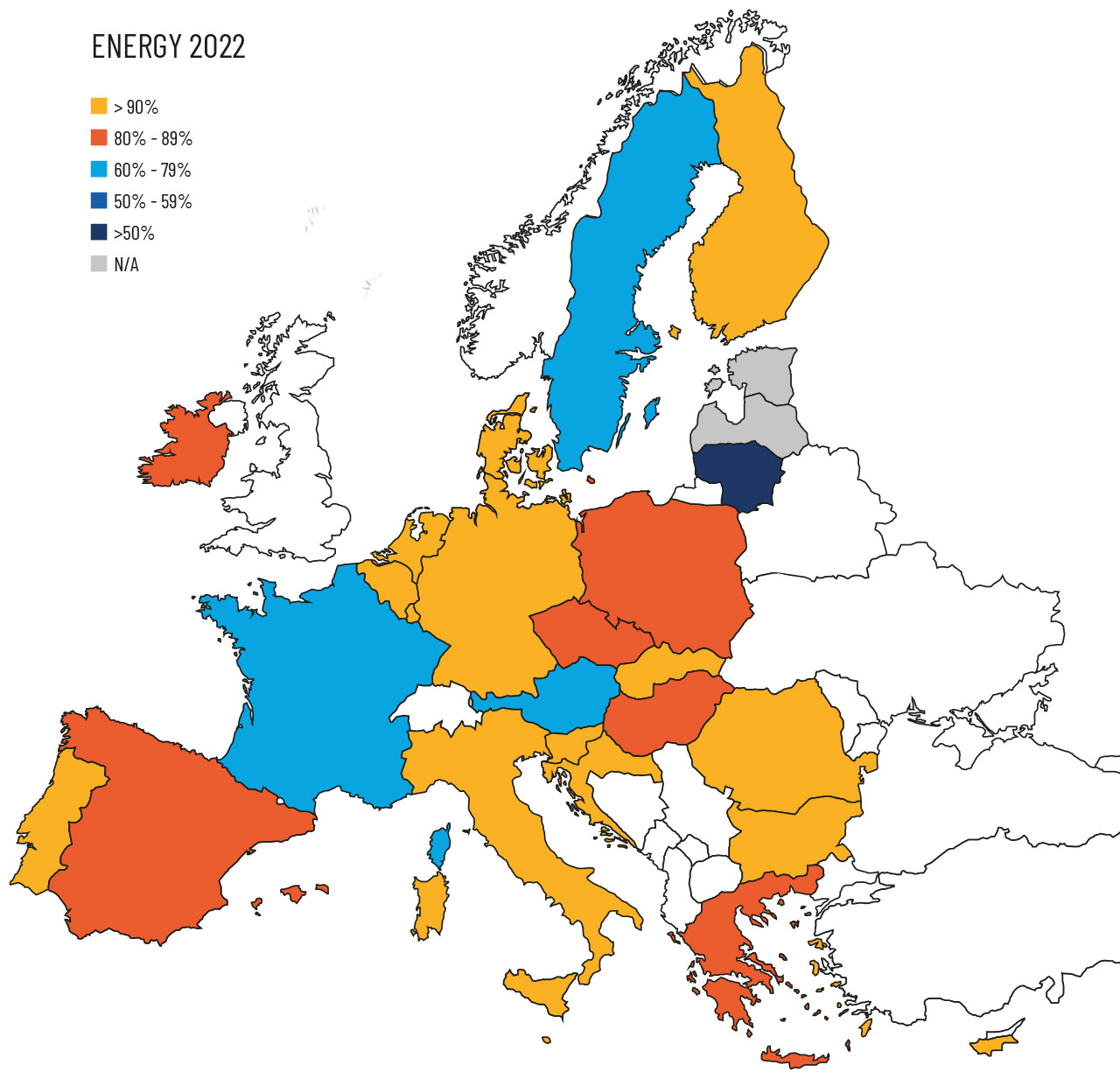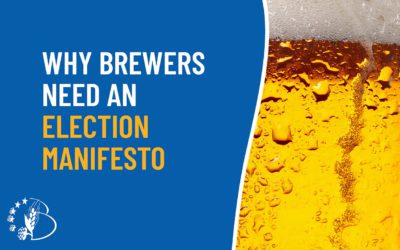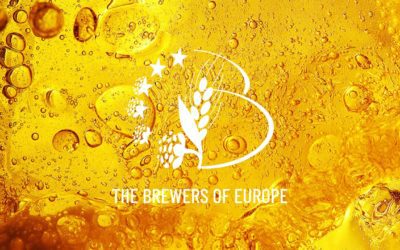LABELLING
OUR PRIORITIES
LABELLING
The Brewers of Europe are #ProudToBeClear. We believe in empowering people with facts to make informed decisions. That’s why since 2015, our members have voluntarily listed on the outside of the bottle, what’s inside the bottle. In 2019, our members signed a memorandum of understanding with the European Commissioner for Health and Food Safety, committing ourselves to labelling ingredients and energy values.
The latest figures show 95% of beer volumes sold in cans and bottles were labelling ingredients, whilst 88% of beer volumes sold in cans and bottles were labelling energy values.
Ingredients 2022
Over 25 billion litres of beer in the EU labels ingredients each year.
By October 2022, an estimated 95% of beer volumes sold in cans and bottles were labelling ingredients according to Reg (EU) No 1169/2011.
Energy 2022
Over 23 billion litres of beer in the EU labels calories each year.
By October 2022, an estimated 88% of beer volumes sold in cans and bottles were labelling energy according to Reg (EU) No 1169/2011.






